Potatoes have been with humans for more than 7,000 years and are still one of the world 's most important food sources. However, in modern life, many people are hesitant to mention potatoes, thinking that this is a food "rich in starch, easy to cause obesity."
But many scientific studies have shown the opposite: if prepared properly, potatoes can absolutely be part of a healthy diet, helping to protect the heart, aid digestion and even control weight.
More nutritious than you think
According to the Harvard Medical School Nutrition Center, potatoes are one of the most nutrient-dense tubers in the root vegetable family.
A medium-sized potato (about 213g) provides 168 calories, 4.5g protein, nearly 3g fiber and almost 900mg potassium - twice the amount found in a banana. Potatoes also contain calcium, magnesium, phosphorus and vitamin C - important micronutrients for maintaining healthy bones, muscles and the immune system.
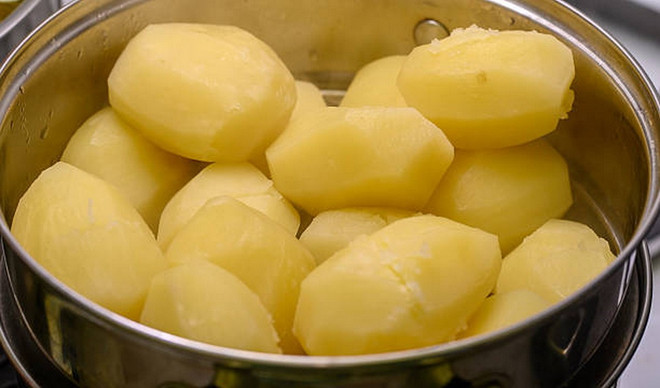
It's worth noting that potatoes are virtually fat-free and have a lower energy density than rice or pasta, meaning you can fill up without worrying about excess calories - a huge advantage for those looking to control their weight.
Rich in fiber and resistant starch - "friends" of the digestive system
Potatoes are a significant source of natural fiber, which aids in bowel movements and helps stabilize blood sugar. According to the Cleveland Clinic, the fiber in potatoes also helps reduce bad cholesterol (LDL), thereby reducing the risk of cardiovascular disease.
Potatoes also contain resistant starch - a form of starch that acts similarly to fiber, not digested in the small intestine but fermented in the large intestine, becoming "food" for beneficial gut bacteria. Research from Johns Hopkins University shows that increasing the amount of resistant starch in the diet can help improve gut microbiota, increase mineral absorption and reduce chronic inflammation.
If you want to increase your intake of natural resistant starch, try cooling potatoes after cooking and adding them to salads—a tasty and gut-friendly trick.
Natural potassium treasure helps stabilize blood pressure
One of the lesser-known benefits of potatoes is their high potassium content, which plays a key role in regulating blood pressure. The World Health Organization (WHO) recommends that adults consume about 3,500 mg of potassium per day to reduce the risk of high blood pressure and stroke.
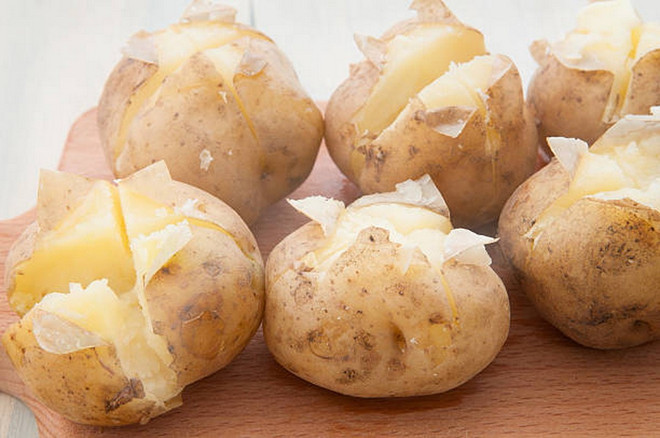
One medium potato can provide up to 25% of your daily potassium needs, which helps balance electrolytes, support the heart, and reduce the negative effects of salt (sodium) in the modern diet.
Harvard Health experts emphasize: "Supplementing natural sources of potassium from vegetables such as potatoes will be more effective and safer than using functional foods."
Rich in antioxidants, protects cells
Not only a source of energy, potatoes are also rich in antioxidants such as vitamin C, polyphenols, carotenoids and flavonoids - compounds that help neutralize free radicals and reduce oxidative stress in the body.
According to the American Journal of Clinical Nutrition (AJCN), these compounds help reduce the risk of chronic diseases such as diabetes, cancer and Alzheimer's. In particular, purple and red potatoes contain a lot of anthocyanins - the same group of antioxidants found in blueberries and purple grapes - which bring outstanding benefits to heart and blood vessel health.
Experts recommend eating the potato skin (after washing it) because most of the antioxidants are concentrated in this thin layer.
Helps keep you full longer and control weight
One of the lesser-known benefits of potatoes is their ability to make you feel full. A study by the University of Sydney (Australia) ranked boiled potatoes as the food with the highest “satiety index” of more than 30 foods surveyed, even surpassing rice, pasta and wholemeal bread.
A trial published in the European Journal of Clinical Nutrition in 2020 also found that people who ate white potatoes for lunch tended to eat less at their next dinner - a factor that helps maintain a healthy weight.
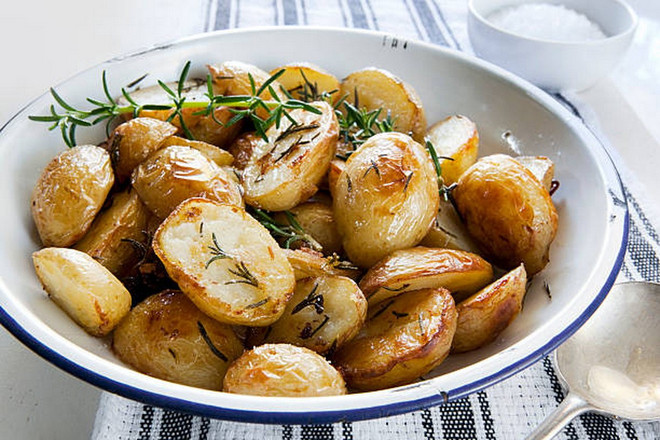
When eaten with lean protein sources (like salmon or chicken breast) and green vegetables, potatoes become a balanced meal that is both energy-dense and nutritious.
Do potatoes really “raise blood sugar”?
It's true that potatoes can temporarily raise blood sugar levels due to their carbohydrate content. However, according to Harvard Medical School, not all potatoes are created equal.
Yellow, purple, or sweet potato varieties have a lower glycemic index (GI) than white potatoes, helping to keep blood sugar more stable after meals.
You can also reduce this effect by eating potatoes with healthy fats (olive oil, avocado) or protein-rich foods, and avoiding deep frying – as high-heat oils will throw off the GI balance and add significant calories.
Proper processing to make potatoes "good for the heart"
How you cook potatoes directly affects their nutritional value. According to the Cleveland Clinic, dishes like fries or mashed potatoes with butter and cheese often contain a lot of saturated fat and sodium, which negates the original health benefits.
Instead, opt for lighter cooking methods like boiling, steaming, or roasting with olive oil. Adding herbs like rosemary, black pepper, or dill not only adds flavor but also helps reduce your need for salt.

A plate of baked potatoes with salmon or a green salad can absolutely become a "standard healthy" meal as recommended by the American Heart Association (AHA).
How many potatoes is enough?
According to the 2020-2025 Dietary Guidelines for Americans, adults should eat about 5 cups of starchy vegetables per week, of which white potatoes or sweet potatoes count. Eating potatoes 2-3 times per week is reasonable, helping to balance nutrition and diversify vegetable sources.
If you have diabetes, high blood pressure or are on a special diet, talk to a nutritionist to adjust your diet accordingly./.
Source: https://www.vietnamplus.vn/5-ly-do-giai-oan-cho-khoai-tay-khong-gay-beo-ma-con-tot-cho-tim-mach-post1069701.vnp




![[Photo] Solemn opening of the 1st Government Party Congress](https://vphoto.vietnam.vn/thumb/1200x675/vietnam/resource/IMAGE/2025/10/13/1760337945186_ndo_br_img-0787-jpg.webp)


![[Photo] General Secretary To Lam attends the opening of the 1st Government Party Congress](https://vphoto.vietnam.vn/thumb/1200x675/vietnam/resource/IMAGE/2025/10/13/1760321055249_ndo_br_cover-9284-jpg.webp)


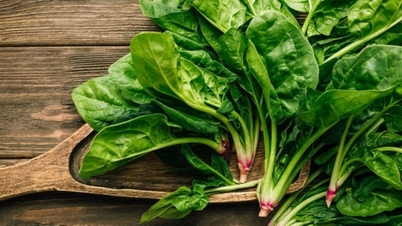






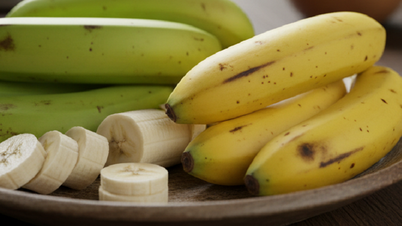




























































































Comment (0)